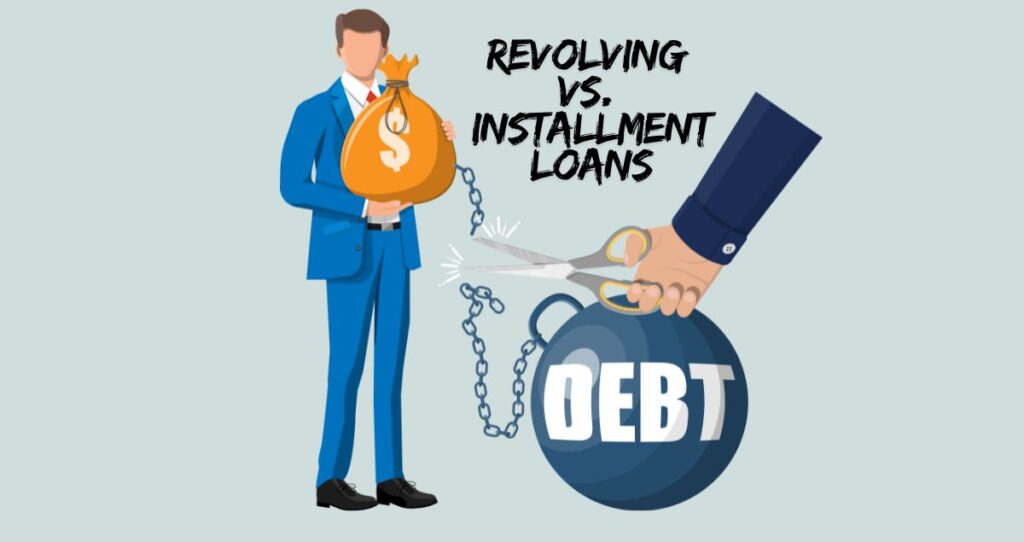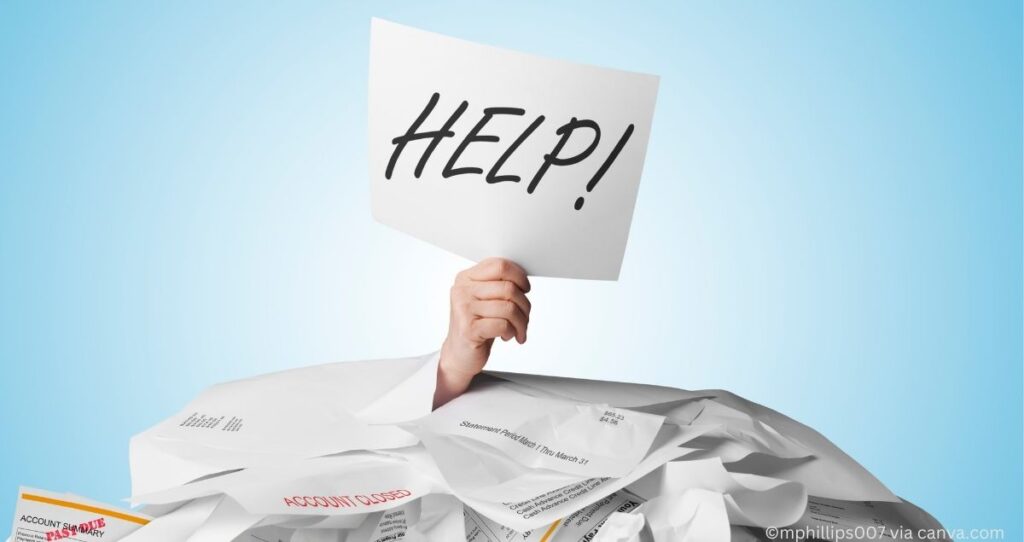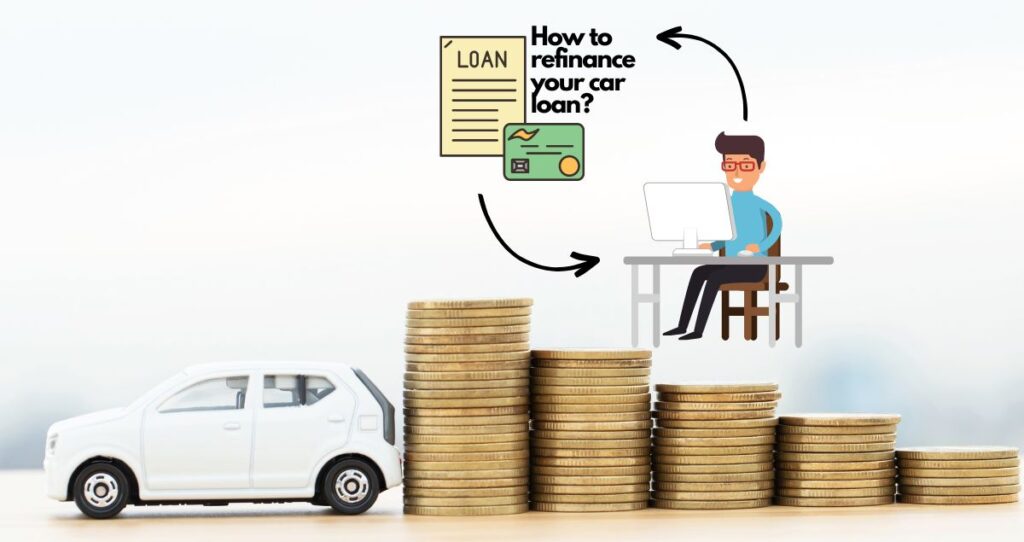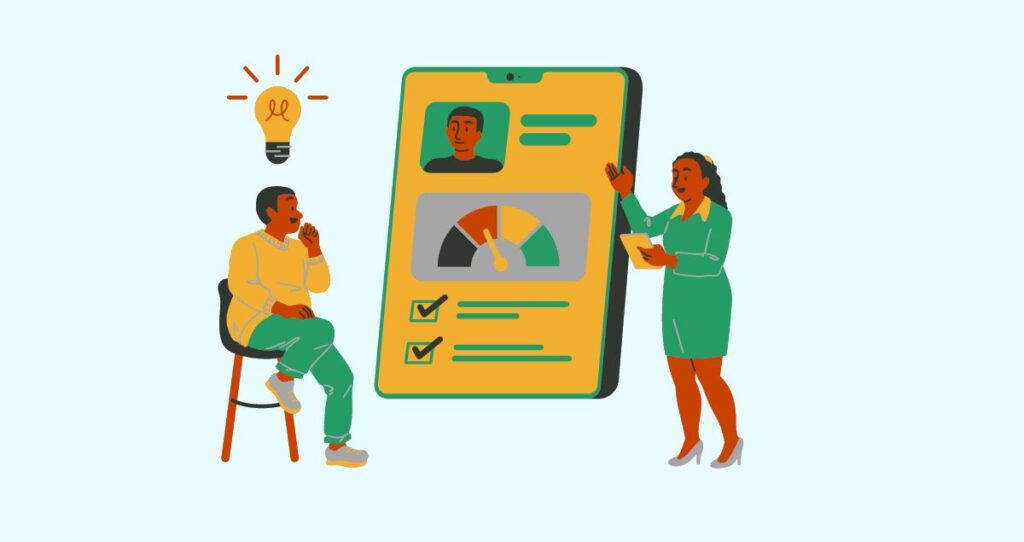How to rent an apartment with bad credit? Having bad credit disqualifies you from many financial products across all industries. One of the hardest things many people struggle with is getting an apartment with bad credit. With the world changing on a daily basis, it is very difficult to keep your credit history clean. Maybe you had a bankruptcy, a foreclosure, or other negative items on your credit reports.
These factors will impact your approval rates for loans, mortgages, and other financial products and services. Landlords also use your credit history to determine your approval rate for apartments. Landlords disqualify people without a guarantee or adequate financial means to make monthly payments. At the end of the day, the landlord will lose money if you can’t meet your monthly rent payments.
Other people who struggle with finding apartments and rental homes are those who recently came out of jail and prison or with criminal records. Many landlords disqualify you when you have these records. It is obvious that you cannot build credit when you are in jail. In addition, having these records is a major deterrent to many landlords. Having a bad credit history, however, does not mean you cannot make proper financial choices or afford an apartment. Furthermore, bad credit does not mean you are a bad person. It simply means that you experienced life events or financial setbacks and you are trying to get back on the right track.
This article will go over the details on how to get an apartment with bad credit history.
What do landlords look for when screening tenants?
Every landlord screens multiple candidates to select the best tenants possible. The question is what makes you a good tenant? In simple terms, a good tenant is one who pays all his/her dues on time all time. In addition, good tenants are the ones who cause less trouble in the neighborhood where they live(No loud music, no drugs, no fighting, etc). Finally, a good tenant is one that respects the property and respects all terms of the lease.
Landlords screen tenants based on a few factors which include.
- Your ability to make consistent on-time monthly rent payments
- Safety of other tenants and surrounding areas
- Behaviors in terms of respecting the property and its promises without destroying it
With these factors in mind, landlords end up doing a background check and talking to tenants’ past landlords. In order words, they try to minimize the financial risks of having you as a tenant.
Landlords stay away from tenants with bad credit due to the risks they pose. Bad credit history and bad credit score show that you made bad financial decisions in the past. Unless you have some justification and supporting evidence as to why you should be trusted, you will most likely be denied an apartment or a house when you have bad credit.
What is a credit score?
Your credit score is a three digits number that summarizes your entire credit history. Any credit activity you make gets reflected on your credit reports. Some of the factors that affect your credit score include but are not limited to payment history, credit utilization, new accounts, age of your credit, etc. As you use credit cards and other credit accounts such as loans, mortgages, personal loans, etc, your lender reports your account activities to major credit reporting agencies. There are three major credit reporting agencies in the USA which include Equifax, TransUnion, and Experian.
Major credit bureaus make your credit reports and calculate your credit scores using credit scoring models. There are two common scoring models which include the FICO score model and the VantageScore model.
Lenders use your credit score to determine your creditworthiness. In order words, lenders and businesses you deal with use your credit score to estimate the risks associated with lending you money. With a good credit score, you get approved for many types of loans with the lowest interest possible. A bad credit score disqualifies you for many financial products including loans.
Landlords also use your credit score to approve you for apartments. With a bad credit score and bad credit, you might not qualify for apartments. Some landlords will give you discounts or waive your security deposit when you have a good credit score. A good credit score shows that you have been making proper financial decisions, and therefore, you can be trusted.
What is a bad credit score and how does it affect your chances of getting an apartment?
When it comes to credit scores, any FICO score under 580 is considered bad. People with bad credit scores pose more risks when it comes to credit. That is why landlords will not approve you for an apartment when you have a bad credit score.
A bad credit score is associated with bad financial choices. As your credit score goes lower, the chances of you meeting your financial obligations also diminish. Maybe you don’t make your payments on time. Or, you have a lot of negative information on your credit reports such as evictions, collections, etc. Whatever the reason is, landlords keep their eyes on the financial decisions you have been making to approve or deny your apartment.
Not everyone fits into the good credit score bucket. It is easy and possible to find yourself in difficult financial uncertainties that will leave a negative mark on your credit history. If you are in this situation, don’t give up. You can still rent an apartment with bad credit.
How to get an apartment with bad credit?
If you have bad credit, you might find it difficult to get an apartment. Regardless of the hustle, you can still rent an apartment with the right strategy. The strategies you are going to learn in this article will be your complete guide on how to rent a house with bad credit. Some of these strategies might work for one landlord but not the other. So, it will all depend on the landlord’s leasing agreement and how you approach them.
The following are 9 tips you can use to get an apartment with bad credit.
1. Find a landlord that does not require a credit score
Although many landlords require a good credit score and good credit to get an apartment; there are some lenders who do not require good credit at all.
Your best chance to rent a house with bad credit is to find a landlord who does not require credit scores or good credit. Keep in mind that a waiver of one requirement may come with tighter restrictions on other factors. For example, a landlord without credit score requirements usually requires a good and stable income. Other landlords require a two-month rent in security deposit.
2. Have the required security deposit
Whether you have good credit or bad credit, you will most likely be required to have a security deposit. Some landlords require that you deposit an amount equal to 1 or two months of your rent. For example, if your rent is $800, you might be required to deposit at least $800 before you are approved for an apartment.
Other landlords, however, might require a deposit equal to a small percentage of your monthly rent. For example, you might be required to deposit only $100 or no money at all when you have a good credit history.
In order to get an apartment with bad credit, you must at least have the required security deposit. With a bad credit score, the landlords will more likely ask for a much higher security deposit to offset the risk.
What is a security deposit used for?
The security deposit is used to cover all expenses related to your stay. Once you have vacated the apartment, it would be hard for the landlord to track you and make you pay for your damages or unpaid rent. That is why you need a security deposit. If you disappear in the middle of your lead agreement, the landlord will use your security deposit to cover your rent.
After leaving the apartment, the landlords will evaluate the apartment and estimate the financial cost of damages you have caused. If there is anything broken during your stay, the security deposit will be used to cover it. Some people leave their apartments at the end of their leases without cleaning their apartments. So, landlords use a security deposit to pay for cleaning services and give you the remaining balance.
3. Have proof of income
Besides having a good credit score, landlords also will require you to have proof of a stable income. At the of the day, you will be a good tenant only if you can pay your rent every month and on time. Having proof of income will help you seal the deal.
Even if you have criminal records, a good and stable income can help you get an apartment with bad credit. Some landlords have warm hearts and are very understanding. As long as you are honest with your current situation and willing to change your life, someone will help you by giving you a place to stay.
4. Use a guarantor
There are times when you alone cannot get an apartment with bad credit. If you have another person who can help you get an apartment, take advantage of that opportunity. In this world, none is complete or move a mountain alone. A guarantor can help you rent a house with bad credit.
5. Become a subleaser
When it comes to being a renter, you don’t necessarily need to have a place of your own. If you are having trouble qualifying for an apartment due to bad credit, consider becoming a subleaser. Although it might be difficult to find a person who is willing to take on this responsibility depending on your situation, it does hurt to try.
By becoming a subleaser, you will not directly deal with the landlord. Instead, you will deal with the original lease owner. Responsibility for the lease agreement will fall in the hands of the original lease owner. What you will do is sign a new lease with the person responsible for the apartment. You can either pay your portion of the rent to the original tenant who then makes full payment to the landlord. Or, you can pay directly to the landlord depending on the terms of the lease.
Some landlords do not accept subleasing arrangements. Make sure that the apartment you are trying to sublease accepts subleasing arrangements.
6. Look for cheap apartments
The more expensive apartments and homes get, the stricter the rules. This means that you can’t easily qualify for a luxury apartment when you have bad credit. Missing one month of rent means that the landlord will lose more money. For this reason, expensive apartments come with much stricter terms.
If you have bad credit, apply for an apartment that you can easily qualify for. For example, you can easily find an apartment based on your income level and budget. This is a less risky way you can get an apartment with bad credit with no hustle.
7. Be honest
Having bad credit means that you are not in a position of making terms. You will be at the mercy of the landlord. One way to increase your odds of renting an apartment with bad credit is, to be honest. Your landlord is a human. Be honest when explaining your situation and do not leave crucial information behind that could help you qualify for the apartment.
Being honest is crucial when you have bad credit. You don’t have bargaining power. However, you have the will to change your life and become better than you have ever been before. What you have to do is to convince the landlord that you are moving forward one step at a time.
8. Pay the entire lease required amount in advance
Another feasible way to rent a house with bad credit is to pay the required rent for the entire duration of your stay. Recent bad records can affect your ability to qualify for an apartment. But if you have cash and are willing to make full payment in advance for all the months you will be staying; the landlord might not refuse this deal. For example, if you want to stay for 12 months and the rent is $1,000, you can pay the required $12,000 in advance. This works better for people who are not struggling financially.
9. Adopt a month-to-month lease
Some landlords will allow you to sign up for a month-to-month lease. Instead of signing up for a 12+months lease, you will stay on a month-to-month basis. Normally this setup comes at a much higher price compared to normal lease terms regardless of whether you have bad credit or not. This is because you can bounce at any time and landlords balance the risks by charging you more money.









